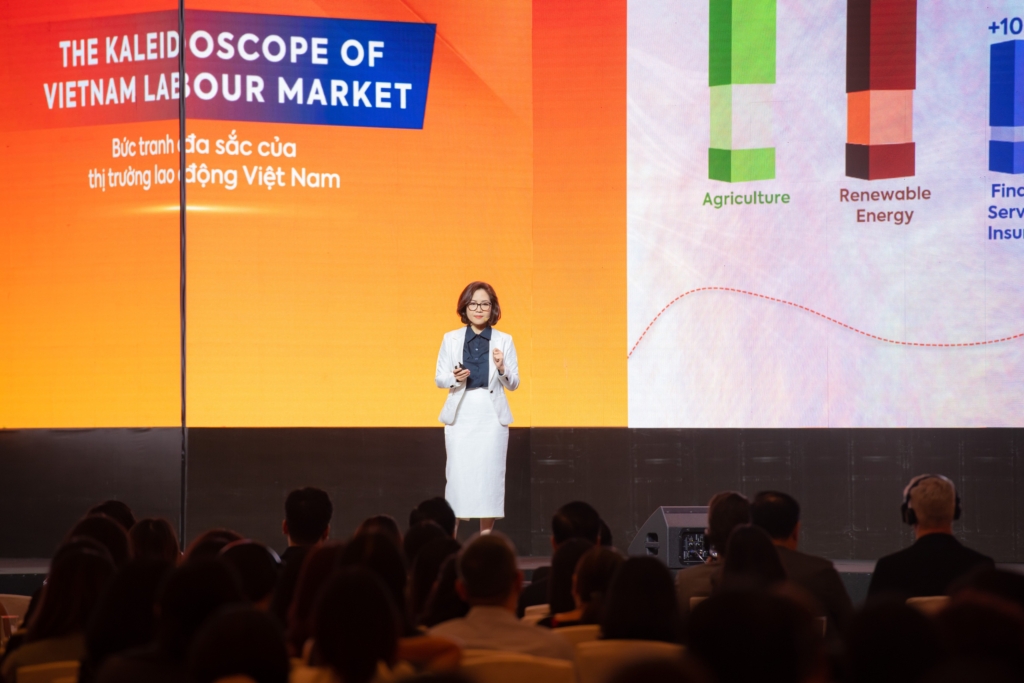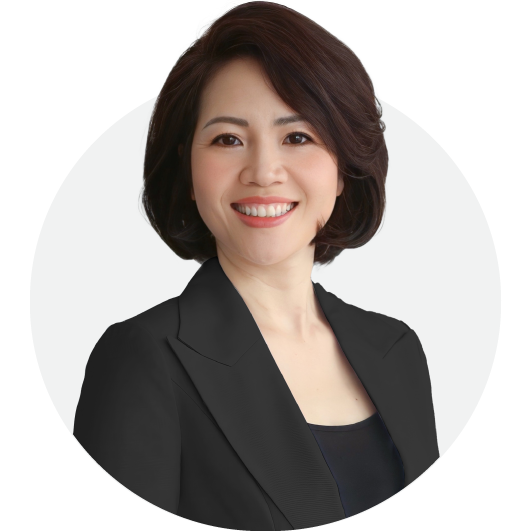“DEI is a long journey. Businesses should not worry when the DEI spirit has not been fully delivered. Before moving towards macro implementation steps, businesses should start by removing blind spots and solving existing Vietnamese prejudices against age, generation, or simply between the mindsets of each department. This solution could be the first key to a more complete DEI program, ” Ms. Phuong concluded.
DEI: "Blind Spots" Prejudice

July 14, 2024
Businesses know the importance of diversity and equality in the working environment. However, unconscious biases still exist, such as prejudice against Gen Z's low resilience, preference for single candidates, male employees to ensure operations.

Understanding DEI challenges in Vietnam
DEI (Diversity, Equity, and Inclusion) is becoming an essential strategy in building business culture. It is also a keyword that leaders use to sharpen future direction. Transformations based on the demand for diversity, equity, and inclusion create a safe environment for employees to have a sense of belonging in the organization.
In other words, DEI has been proven to deliver a lot of value. Companies that implement this strategy witness increasing rates of up to 84% of employee trust and engagement, while other companies without the strategy show only 20%. In terms of business performance, many reports show that organizations prioritizing DEI have stock prices higher than other companies, up to 6,8%.

However, the story in Vietnam is partly different. According to an HR expert of a multinational enterprise in Ho Chi Minh city, when applying DEI activities and initiatives that have been proven effective abroad to branches in Vietnam, the results were different. There are many difficulties in shaping a clear strategy, or employees need time for more awareness and engagement.
“In fact, DEI projects around the world were originally researched to solve gender equality issues, ethnic conflicts, and conflicts of interest in the host country. With an open culture that easily accepts new things in a developing market like Vietnam, many initiatives may not be effective. Therefore, implementing DEI becomes a difficult and vague problem for Vietnamese businesses, ” shared Ms. Nguyen Thi Quynh Phuong, Director of Human Capital Solutions at Talentnet.
Identify “blind spots” prejudice to complete DEI program
Ms. Phuong said that instead of rigidly applying DEI formulas around the world, businesses could be more flexible in adapting DEI strategies by finding “blind spots,” which are culturally unconscious biases between generations and types of employees in the company, and consequently coming up with practical activities.

“The most visible ‘blind spot’ is the prejudice against generations. Some familiar opinions such as “Gen Z has better mindset but is less resilient” can become prejudices that affect the recruitment and promotion process of a Gen Z employee, and in the future, other generations when entering the labor market,” Ms. Phuong gave an example.
Similarly, demographic unconscious bias within businesses still exists, creating an unseen imbalance in access to benefits such as:
– Age prejudice against workers, when businesses prioritize younger candidates instead of choosing experienced candidates over 30 years old
– Priority is given to candidates who are not married or have no children.
– Male candidates with good physical strength are chosen to ensure operations.
In the long term, these biases can lead to discrimination in recruitment and training. Research shows that employees who do not feel diverse and equal are three times more likely to leave within 12 months. Meanwhile, if they can see bias blind spots, HR and management can change recruitment methods, balancing appropriate benefits for each group of employees.





